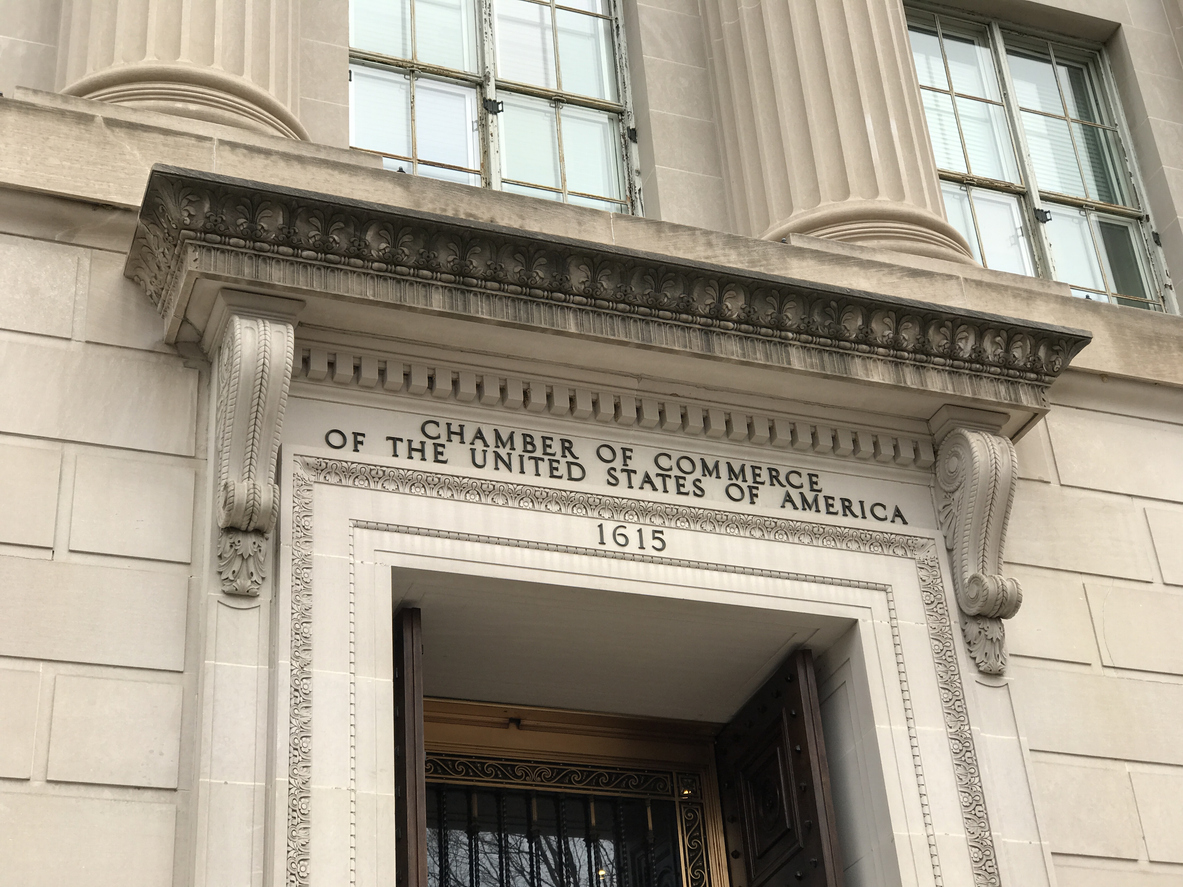
By Kritika Agarwal
The United States Chamber of Commerce recently urged the Trump administration to rescind the president’s September 19 proclamation imposing a $100,000 fee on H-1B visa petitions. The organization argued that the new fee would hinder employers’ ability to hire skilled workers essential to growing their businesses and the U.S. economy.
The H-1B visa program allows U.S. employers to hire highly skilled foreign professionals, helping American businesses fill gaps in their workforce and drive innovation and economic growth. Many H-1B visa beneficiaries hold advanced degrees from American universities, allowing employers to retain top talent in the United States.
The September 19 proclamation requires all new H-1B visa petitions submitted on or after September 21 to be accompanied by a $100,000 payment. There are still multiple unanswered questions about how the proclamation will be implemented, and federal agencies have not yet announced a process for collecting the fees.
In its letter to Commerce Secretary Howard Lutnick, the Chamber of Commerce argued that the new fee would stifle “domestic job creation and wage growth” and could incentivize companies to “relocate certain business functions overseas.”
The chamber pointed to studies that have shown that the H-1B visa program has historically led to increased employment and higher wages for domestic workers, and that when companies are unable to hire highly skilled workers through the program, they often “look to outsource entire functions.” The chamber noted: “The arrival of H-1B workers in a metropolitan area is associated with greater employment and higher wages, in part because H-1B workers contribute to a dynamic and growing economic ecosystem.”
The chamber also noted that the fee would be especially detrimental to the thousands of smaller firms, including mid-size firms and start-ups, that often hire just one H-1B worker and that will not be able to afford the high payment. “For Fiscal Year 2025, there were 14,892 firms that secured only one new H-1B visa,” the chamber noted, warning that, if these firms do choose to pay the fee, they will have fewer funds to “invest back into businesses, including in the form of higher wages and benefits for native employees.”
Finally, the chamber said that the fee would “impair the ability of U.S. educated foreign students to contribute to our economy.” If the fee is applied to students graduating from U.S. universities, it would “effectively terminate one of the few ways for foreign students who have been educated and trained in the United States to be able to remain and contribute to our economy,” the chamber said.
The Chamber of Commerce urged the administration to rescind the proclamation for all of the detrimental effects it would have on U.S. businesses and the economy. “… [I]nstead we encourage the administration to work with Congress to look at reforms to the H-1B program that could accompany an increase in the number [of] visas annually available to meet the needs of our growing economy,” it said.
Kritika Agarwal is assistant vice president for communications at AAU.